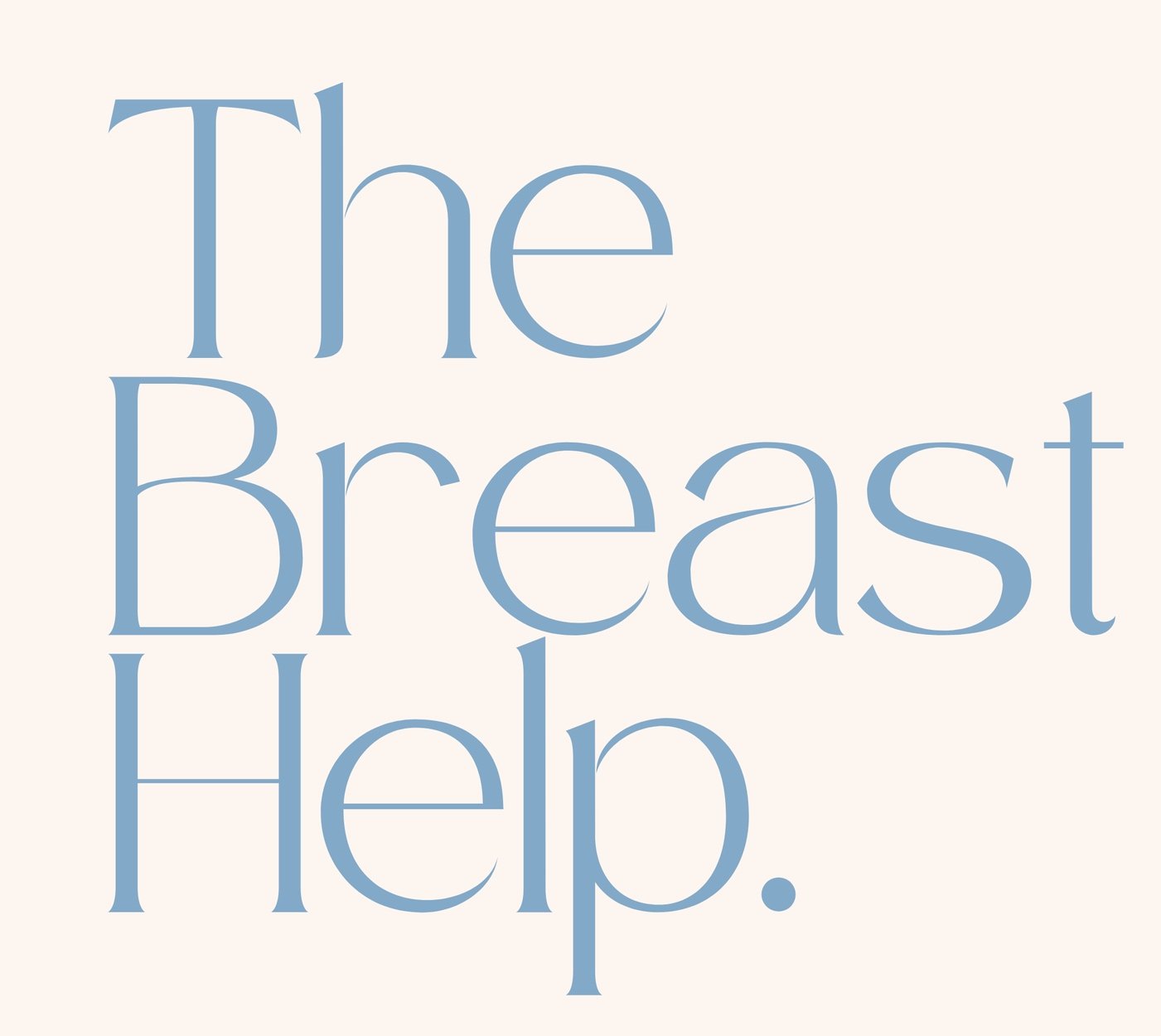On The Coast Families - Issue #123
Becoming a Mum: The amazing changes that happen within a mother’s brain.
I think we can all agree that motherhood changes you! But you may not be aware of just how many physical changes are happening within a new mother’s brain to support them in their new role.
Research studies show us that a mother's brain undergoes significant changes after giving birth.
Some of these changes include an increase in connectivity that starts during pregnancy. The neural pathways in the brain, also known as the communication network, strengthen. In particular, specific areas of the brain related to emotions, empathy, and caregiving.
There is evidence that suggests the empathy centre of the brain, known as the insula, undergoes changes and growth during pregnancy in preparation for when baby arrives. The insula is responsible for a range of functions, including emotional processing, perception, and interpersonal experience. It is believed that these changes relate to the increased sensitivity that many women experience during pregnancy, particularly when it comes to emotional cues from others.
A study that was published in 2016 found that first-time mothers had a significant decrease in gray matter volume in certain areas of the brain, such as the prefrontal and parietal cortices, compared to women who had never given birth. These areas of the brain are two parts of a broader brain network that is involved in the control of cognitive functions such as working-memory, spatial attention, and decision-making. However, the study also found that these changes were not permanent and that the brain could recover its original structure within two years after childbirth.
Increased gray matter volume in the midbrain is associated with maternal positive perception of her baby. This may help mothers become more focused on their baby's needs, contributing to a higher sensitivity and responsiveness to their baby’s cues.
This shows us just how hard-wired mothers are to recognise and respond to their baby’s cues and signals, becoming more attuned to their children's needs and are better able to recognize and respond to their cries, facial expressions, and other cues. Additionally, the study did not find any negative effects on cognitive or emotional functioning. Further research is needed to explore the long-term effects of motherhood on brain structure and function.
When a woman experiences birth, the levels of multiple hormones shift and change dramatically. These hormonal changes that happen support caregiving for mothers in particular the hormone called Oxytocin.
Oxytocin is a hormone released by the pituitary gland that plays a crucial role in childbirth and breastfeeding. During pregnancy, oxytocin levels rise gradually in preparation for birth and motherhood. Oxytocin also helps to reduce pain and anxiety during labour, supports breastfeeding functions and promotes maternal behaviour and relaxation, encouraging mothers to care for and bond with their newborns.
The multiple hormone changes that happen during the process of becoming a mother are specific to preparing mothers for the physical and emotional demands of caring for their babies, supporting the development of a strong attachment between mother and child.
It’s amazing to see the changes that happen physically not only in the body, but the brain. There is still a lot we don’t know about how we change as we enter motherhood, information is still building and more research is needed to fully understand the relationship between pregnancy, birth and changes in the brain. What we do know is that the changes we see reflect a mother's ability to adapt to the unique demands of caring for a new infant and is believed to enhance her ability to provide the nurturing care that is so important to a child's development.
Plenty of changes happen within Dad’s brain too – but we can cover that another day!
Brunton, P., Russell, J. The expectant brain: adapting for motherhood. Nat Rev Neurosci 9, 11–25 (2008). https://doi.org/10.1038/nrn2280
Hoekzema, E., Barba-Müller, E., Pozzobon, C. et al. Pregnancy leads to long-lasting changes in human brain structure. Nat Neurosci 20, 287–296 (2017). https://doi.org/10.1038/nn.4458
Kim, P., Leckman, J. F., Mayes, L. C., Feldman, R., Wang, X., & Swain, J. E. (2010). The plasticity of human maternal brain: Longitudinal changes in brain anatomy during the early postpartum period. Behavioral Neuroscience, 124(5), 695–700. https://doi.org/10.1037/a0020884


